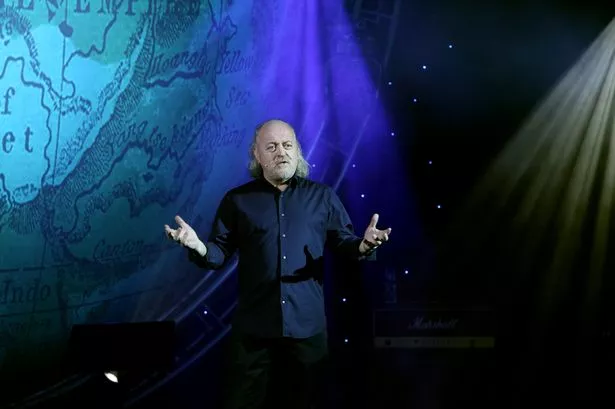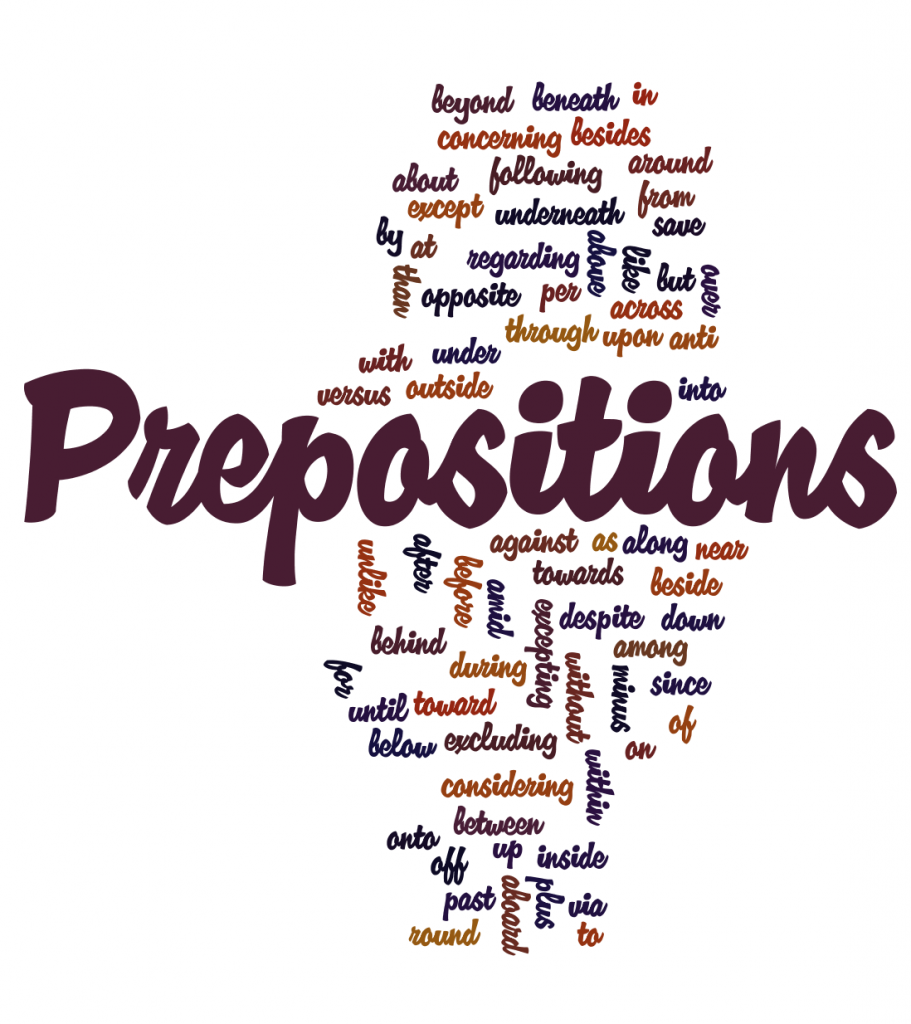In this episode I talk to you about one of my favourite stand up comedians from the UK. We’re going to hear some of his comedy and use it to learn English.
[DOWNLOAD]
Introduction
I’ve always been a big fan of Bill Bailey since I first saw him on telly in the 1990s, and I’m glad to say I once saw him performing stand-up in Hammersmith, which is where Bill lives and I used to live too.
Who is Bill Bailey?
Bill Bailey (born 24 February 1964) is an English comedian, musician, actor, TV and radio presenter and author. Bailey is well known for his role in the TV show Black Books in which he plays the part of Mani, and for his appearances on Never Mind the Buzzcocks, Have I Got News for You, and QI as well as his extensive stand-up work, including his DVD specials such as “Part Troll” and “Dandelion Mind”.
Bailey was listed by the Observer newspaper as one of the 50 funniest acts in British comedy in 2003. In 2007 and again in 2010, he was voted the seventh greatest stand-up comic on Channel 4’s 100 Greatest Stand-Ups.
In this episode
This episode
In this episode we’re going to listen to some of Bill’s comedy and we’re going to understand it all so that you can hopefully enjoy it as much as a native speaker. So, lots of language, lots of listening and all the usual stuff.
Obviously, your enjoyment of comedy is subjective and what’s funny to one person isn’t funny to another, but the vast majority of what goes into appreciating a comedian is being able to actually understand the things they are saying. So, don’t judge it until you fully understand it.
I hope there’s a lot for you to learn from this episode and that you also enjoy it and find out about a very funny comedian, who has a lot of videos on YouTube and DVDs that you can buy and enjoy over and over again.
Let’s talk a little bit more about Bill Bailey and then hear some of his comedy.
Here are a few little things that you should know that might help you appreciate his humour a bit more.
Bill’s Appearance
He’s got quite a funny appearance. He looks like an old hippy (even though he associates more with the punk movement) – he has boggly eyes, a bald forehead, long straggly hair, a round face. That sounds almost mean, my description, but Bill is also a lovely person, quite sort of cuddly and is amusing just to look at. He uses his appearance well, making himself look like a crazy person. It helps gain laughs I think. Inside he is a very down to earth guy with a good sense of humour.
Type of comedy
A bit weird, a bit surreal, quite cerebral and intelligent, considering the stranger aspects of life. He’s the sort of comic that some people would say was “random” – meaning he is a bit strange and tends to look at life from a different angle. He doesn’t just do ordinary observational comedy, but instead his work is full of musical parodies and existential thoughts.
Music – parodies, mixing different styles together, observations about musical tropes.
Left-wing politics – He’s a member of the Labour party and his political views come into his comedy in various ways as he tends to make fun of capitalist culture and the establishment.
Drugs – they come into it sometimes when he makes reference to weed and generally it seems that Bill has probably taken a few drugs in his time, as is evident in his surreal style and his existential musings.
Hammersmith – this is where he’s from. It’s in West London where I used to live, but Bill also grew up in the West Country – so he has a slight west country accent, and Wales too. Generally though, he speaks a kind of RP with a West Country or London twang.
So let’s now listen to a few clips, and then I’m going to explain what you hear. There are so many clips on YouTube and I basically like all of them, but I’m going to play you probably about 5 things taken from various TV appearances and live shows over the years. You can find the embedded videos on the page for this episode.
Most of these videos showcase his musical talents as well as his comedy, his story telling and so on.
Let’s get started.
Beethoven loses a penny
Some vocabulary and language
A lot of institutions had to merge due to funding cuts
I attended the Bovington Gurney School of Performing Arts and Owl Sanctuary
I studied Beethoven.
A fascinating character.
A very lonely embittered man, a very drunken man, slovenly, covered in dust, and filth and beer. He was a very unpleasant man. He was prone to dark fits of temper. He would hurl stuff around the house and then scrawl sonatas on big blocks of cheese and then eat them to spite the world.
He channeled his anger into his work.
Rage Over A Lost Penny – inspired by an argument he had with his cleaning lady.
You know when you lose something… how frustrating.
Have you seen my penny?
Can you think where you last had it?
No I can’t remember where it is!
Have you checked your pockets?
Of course I have you stupid b*tch!
Starsky & Hutch and the jazz news
Things you need to know about Starsky & Hutch – it was a show about two cops in the 1970s with groovy music
Dramatic cop action, sometimes they were on a stakeout, they drove a cool fast car, they had an informant called Huggy Bear, sometimes they’d have fights with criminals, mafia guys etc, they’d often have car chases and they’d always drive down alleyways with lots of cardboard boxes and they’d drive through the boxes because it looked good on TV.
Stephen Hawking / A Brief History of Time
Learning Chinese – Owl story
Doorbells
https://www.youtube.com/watch?v=SMNX11y0dVo





 SPOKEN
SPOKEN
























